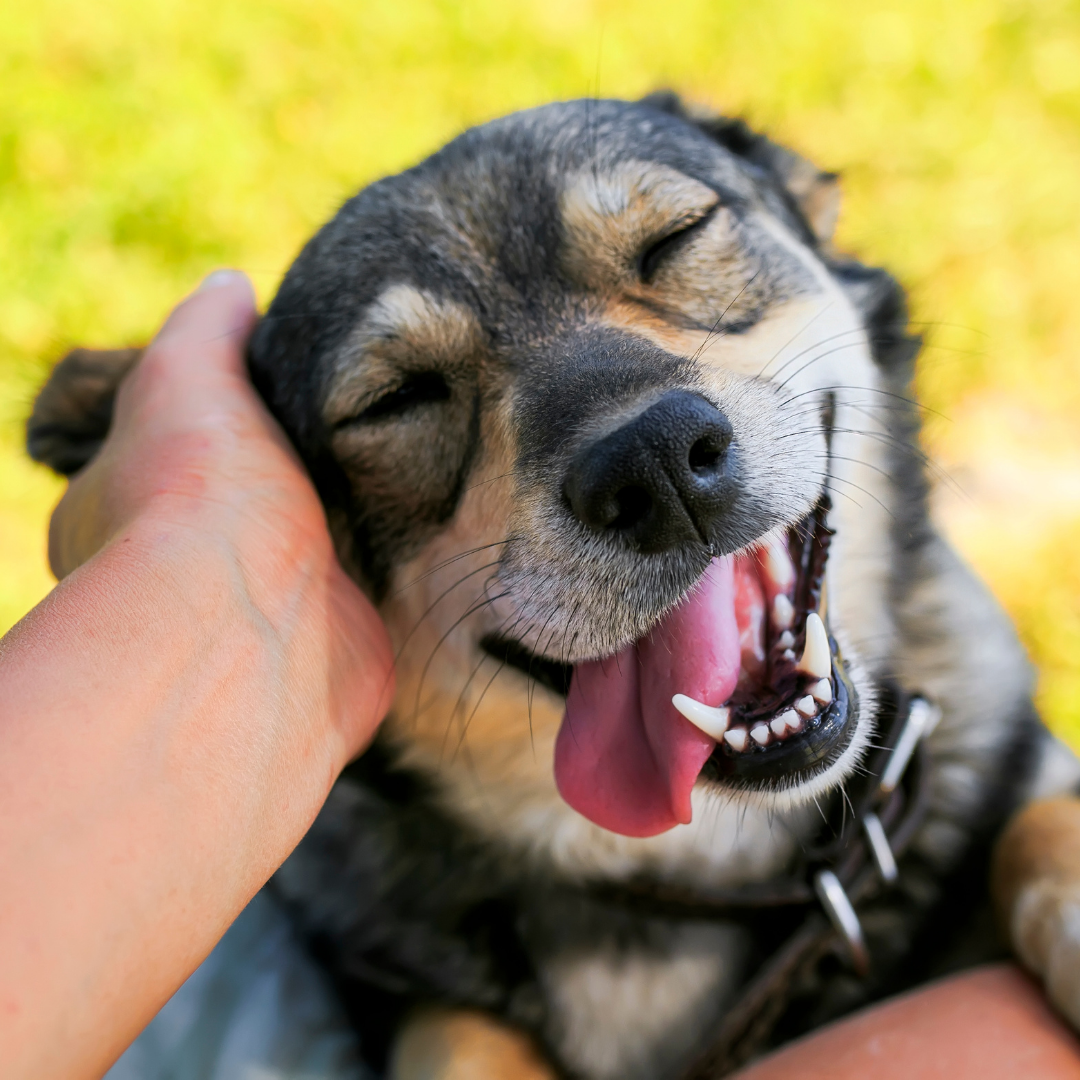Oral hygiene is an often-overlooked but important factor in your dog's overall health. If your dog has a toothache or sore gums, they are dealing with pain and stress that you may not even know about. Left untreated, bacteria introduced by the problem can enter the bloodstream and affect the heart, kidneys or liver. Veterinarians report that an estimated 85 percent of dogs over age 4 are suffering from some form of periodontal disease, a painful oral condition that can lead to tooth loss and infection. The good news? All of these problems are preventable with regular dental cleanings and professional checkups.
If you notice any changes in your dog's mouth, such as lumps, discoloration, swelling, sores or a change in smell, contact your dog's vet immediately. Any of these could be signs that your dog is experiencing an oral disease or condition that needs to be treated. Here are some common dog oral care problems your pet may suffer from, with tips on when you should contact your vet:
Some pets become irritable when they have dental problems, and any changes in your pet’s behavior should prompt a visit to your veterinarian. Always be careful when evaluating your pet’s mouth, because a painful animal may bite.
For those that are unable to brush teeth or simply want to switch up their cleaning techniques, dog dental wipes are a great solution. Tooth wipes are made to be rubbed against your dog’s teeth to help remove plaque. They work similarly to toothbrushes, but are not able to get into the tiny nooks and crannies that a brush does. Still, they are a great way to clean your pet’s teeth and are often easier to manage than a toothbrush with toothpaste.
Perhaps the best way to ensure your dog’s oral health is to have him undergo a professional cleaning by a veterinarian. Your veterinarian knows what’s best for your dog’s teeth and will be able to address any issues he/she finds. Although much more expensive than the other tips we’ve mentioned, a professional dental cleaning is the best way to maintain your dog’s dental hygiene. Your veterinarian is experienced in preventing, locating, and treating any issues that might go unnoticed by even the most dedicated dog owner. If there is one option you choose to promote your dog’s dental health, we suggest visiting your veterinarian for a professional exam.
Dental disease begins early. By adulthood, many dogs have some degree of dental issues. Early signs of dental disease include bad breath, yellow or brown tartar buildup on teeth, and red and swollen gums. Noticing early can help alleviate your dog’s pain quickly. Dental disease can cause chronic pain in your dog that may go unnoticed.
“Depending on the breed or severity of disease, less or more than one year can be suggested,” Kan-Rohrer says. “This also depends on whether or not consistent homecare is performed.”







